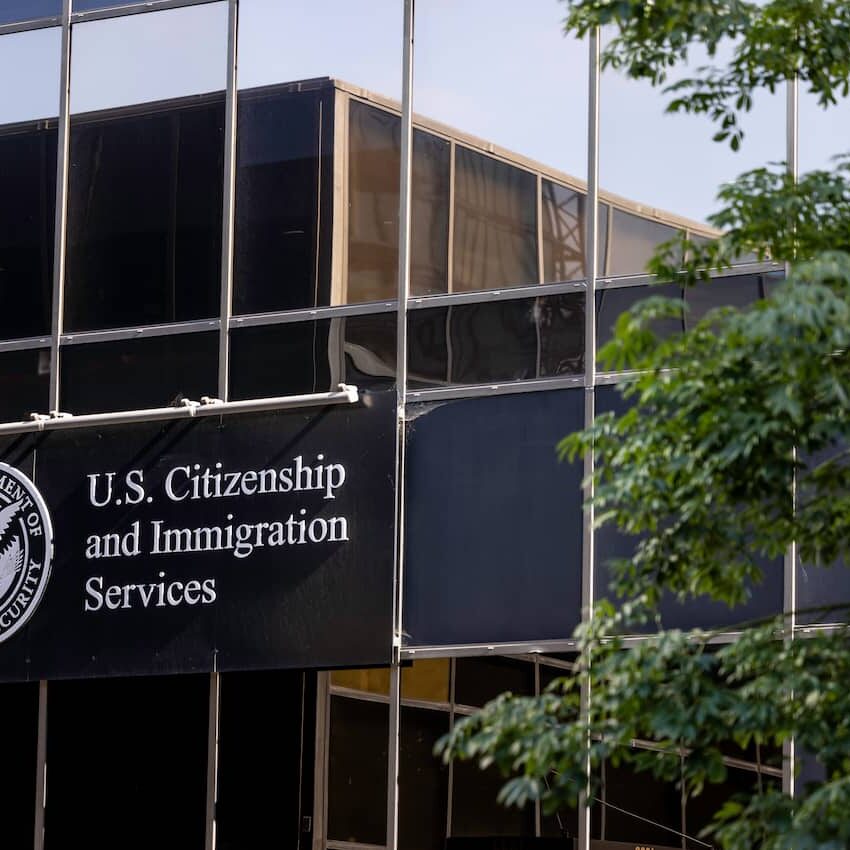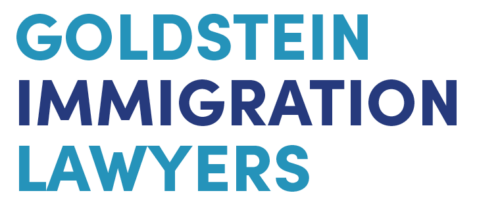
Safety First!
Before contacting our office to speak to a VAWA immigration lawyer, if you’re in an abusive relationship and need help, you should look for domestic violence support resources such as shelters, hotlines, and counseling. One good starting point may be the National Domestic Violence Hotline: 1-800-799-SAFE (7233). Explore Los Angeles violence prevention resources tailored to the local community.
VAWA: What Is It?
The Violence Against Women Act (VAWA) allows victims of domestic violence to file green card petitions on their own behalf. The marriage-based green card process creates a dangerous power dynamic when the U.S. citizen or lawful permanent resident spouse is abusive. The abusive spouse often uses this against the non-citizen victim and threatens to do things like call immigration and get the victim deported, or refuses to file a marriage-based green card application so that the person will not have any immigration status and will be forced to stay with his or her abuser. The goal of VAWA is to fix this problem by removing the requirement that the abusive spouse sponsor the green card application and allowing the victim to apply for a green card on their own.
Who Does VAWA Apply To?
Though the legislation is called the Violence Against Women Act, the protections and immigration benefits apply to both men and women, and they apply to individuals in same-sex as well as opposite-sex relationships. Under certain circumstances, VAWA will also apply to parents or children who have been abused by a U.S. citizen or green card holder. Additionally, the benefits of VAWA are also available to abused spouses and children of beneficiaries of the Cuban Adjustment Act, HRIFA, and NACARA.
Eligibility Requirements For VAWA
To demonstrate that you are eligible for VAWA, you must provide U.S. Citizenship and Immigration Services with the following, among other things:
- Proof that the abusive spouse is U.S. citizen or green card holder;
- Proof that the abuser and VAWA applicant were legally married;
- Evidence that the abuser and VAWA applicant lived together;
- Evidence that the abuser subjected the VAWA applicant to extreme cruelty and/or battered the VAWA applicant during the marriage;
- Evidence that the marriage was bona fide and not entered into for the purpose of evading immigration laws;
- Evidence that the VAWA applicant is a person of “good moral character.”
Though VAWA cases with evidence of physical abuse are often considered “stronger,” the extreme cruelty requirement can be met by providing evidence of other types of abuse, as well.
The Impact of Divorce & Remarriage on a VAWA Case
If you and the abusive spouse have gotten divorced, you should speak to a VAWA attorney and have them file the VAWA self-petition within 2 years of the date the divorce became final. If you file after this date, you will no longer be eligible for VAWA. If you get re-married before you complete the VAWA self-petition process, this will also make you ineligible.
How a Los Angeles Violence Against Women Act Attorney Could Help
VAWA is an extremely useful immigration tool and it may be the key to turning your life around. Please answer a few questions below and see if you qualify for a free case evaluation.
